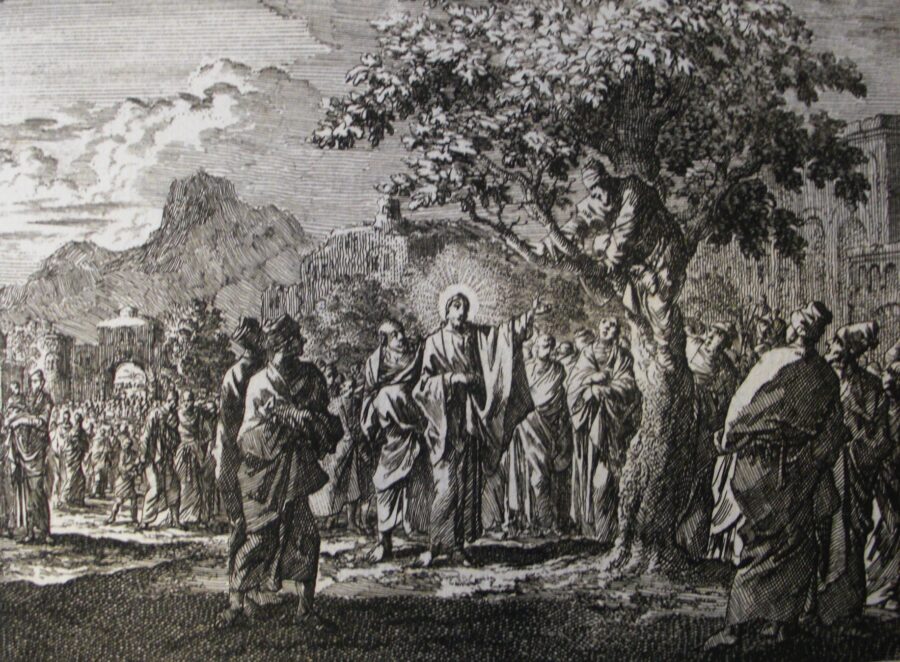I was six years old. It was “fellowship time” at church after the morning service before Sunday school. The kids congregated out on the lawn with a somewhat flat and worn rubber ball for the weekly game of kickball. I was never particularly fond of games, but my older cousin was especially good at kickball and if she was playing I also wanted to participate. When it was my turn, I approached the home plate nervous and not knowing which foot was going to meet the ball– or if they would meet the ball at all. My cousin gave me an encouraging smile as I turned to face my doom. I heard the pitcher count down: 3… 2… 1… I closed my eyes tight and swung my foot and kicked the ball right into the pitcher’s hands.
“Out!” the pitcher yelled with a grin.
Behind me I heard the jeering voice of an older boy. He was an upper grader and was much taller than me. To this day I have no clear remembrance of what exactly he said, but I remember immediately welling up with tears and running into the girls bathroom to hide from my embarrassment, nurse my hurt feelings, and wait for my cousin to come and comfort me.
As I reminisce I roll my eyes at how dramatically I may have reacted, I think the behavior of hiding points to something deeper. I think it conveys a desire to be sought. While sometimes I think we do this to indulge our feelings or needlessly wallow in self-deprecating lies, I think we also do this simply because we long to be sought after.
While reading the prophet Hosea, I was invited to consider the action of seeking and why we long for it by looking to God’s loving and wrathful response to His unfaithful people. Hosea writes to the people of Israel immediately preceding the fall of Israel’s kingdom to the Assyrian empire. Hosea presents to us a picture of God at the end of his rope. Again and again Israel has rejected their LORD and whored after other lovers. They pervert and confuse Yahweh worship with twisted adoration of worthless idols. They continue to exchange justice for treachery. They do not acknowledge the works of their God. The LORD declares, “They do not cry to me from the heart, but they wait upon their beds; for grain and wine they gash themselves; they rebel against me. Although I trained and strengthened their arms, yet they devise evil against me.” (7:14-15) Because of their unfaithfulness, God declares that the people will receive no mercy and be disowned and “he will remember their iniquity and punish their sins; they shall return to Egypt.” (1:6-9, 8:13b) In spite of their great evil, God loves his people and desires for their restoration. He promises to “allure” his bride “speak[ing] tenderly” and “roar like a lion” beckoning his children back unto Himself for “How can I give you up, O Ephraim? How can I hand you over, O Israel?” (2:14, 11:10, and 11: 8a) God seeks His people in love and wrath that they may belong to Him.
I think the action of seeking reveals what is considered valuable. In my experience, when I lose my car keys I seek until I find them. I check under every piece of furniture, dig through the bottom of every bag, or feel between the cushions of the couch. My keys are valuable to me and when I’ve lost them, I must set everything else aside so I can try to find them. Seeking reveals what we desire and what we believe is of primary importance.
God kept seeking His people. Restoring what was lost was so important that He sent Jesus.
In the old Sunday school story of Zacchaeus “the wee little man” and his encounter with Jesus, we hear our LORD say, “For the Son of Man came to seek and to save the lost.” (Luke 19:10) Not only did our Savior seek us, but He called us to be seekers like Him. Christ’s mandate brings to mind faces of family members, friends, or acquaintances feeling lost in stress, loneliness, or sin. While I am unable to clear away their stress, cure their loneliness, or heal them from their sin the very act of seeking them echoes the tender seeking of our Savior as He calls His children home.





Leave a Reply
Your email is safe with us.